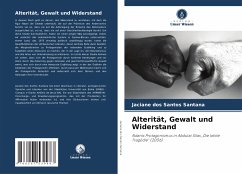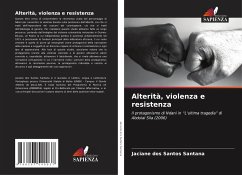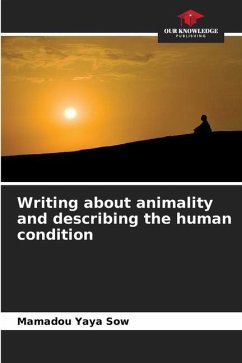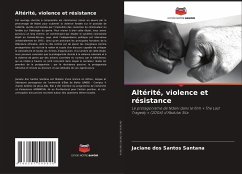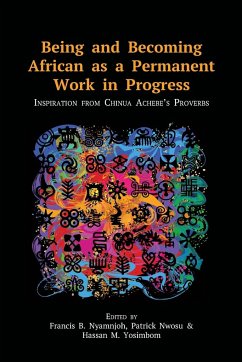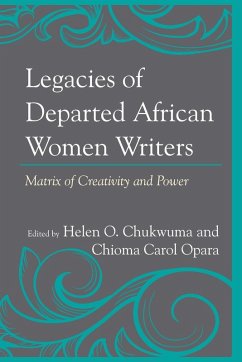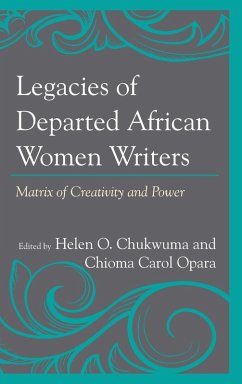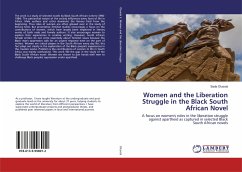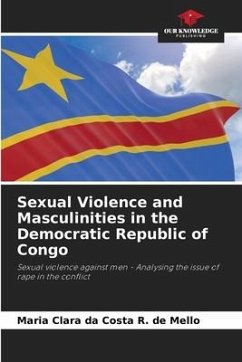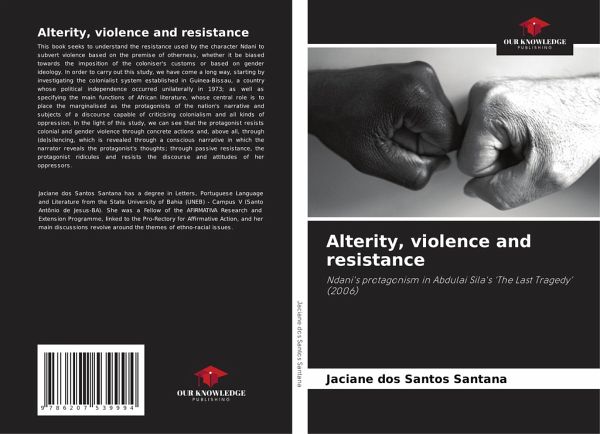
Alterity, violence and resistance
Ndani's protagonism in Abdulai Sila's 'The Last Tragedy' (2006)
Versandkostenfrei!
Versandfertig in 6-10 Tagen
41,99 €
inkl. MwSt.

PAYBACK Punkte
21 °P sammeln!
This book seeks to understand the resistance used by the character Ndani to subvert violence based on the premise of otherness, whether it be biased towards the imposition of the coloniser's customs or based on gender ideology. In order to carry out this study, we have come a long way, starting by investigating the colonialist system established in Guinea-Bissau, a country whose political independence occurred unilaterally in 1973; as well as specifying the main functions of African literature, whose central role is to place the marginalised as the protagonists of the nation's narrative and su...
This book seeks to understand the resistance used by the character Ndani to subvert violence based on the premise of otherness, whether it be biased towards the imposition of the coloniser's customs or based on gender ideology. In order to carry out this study, we have come a long way, starting by investigating the colonialist system established in Guinea-Bissau, a country whose political independence occurred unilaterally in 1973; as well as specifying the main functions of African literature, whose central role is to place the marginalised as the protagonists of the nation's narrative and subjects of a discourse capable of criticising colonialism and all kinds of oppression. In the light of this study, we can see that the protagonist resists colonial and gender violence through concrete actions and, above all, through (de)silencing, which is revealed through a conscious narrative in which the narrator reveals the protagonist's thoughts; through passive resistance, the protagonist ridicules and resists the discourse and attitudes of her oppressors.





